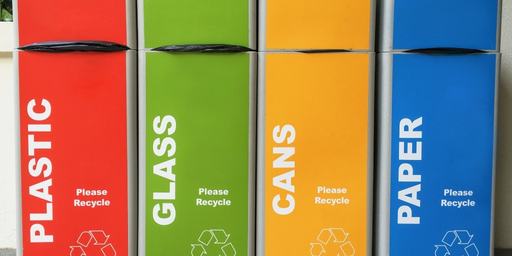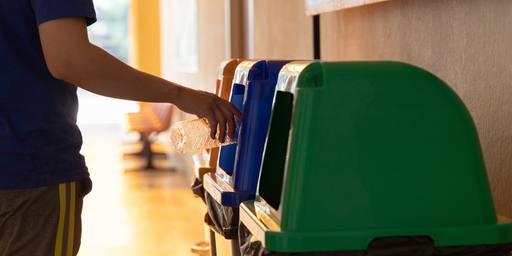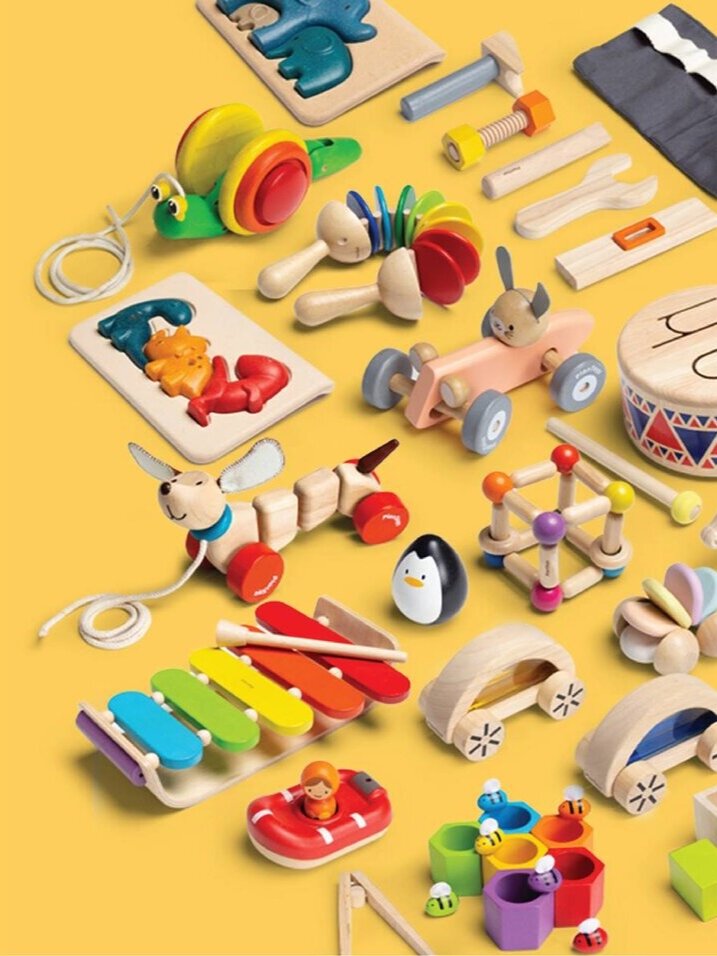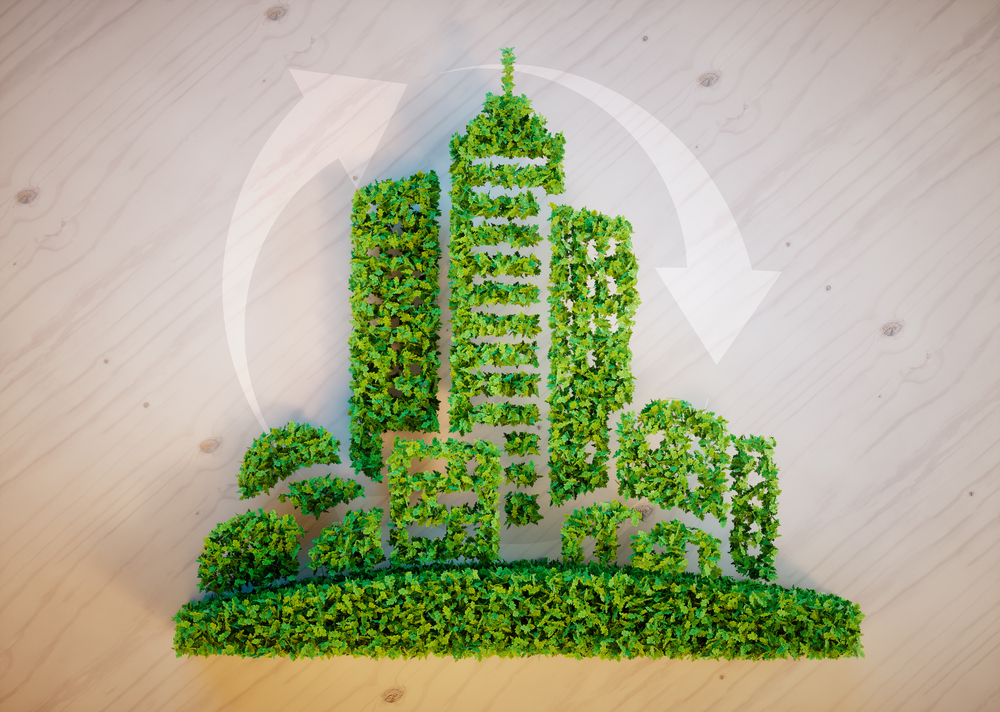You probably don’t give much thought to how you store your trash and recyclables. However, it turns out that there is a right way and a wrong way to do it. Storing your trash and recyclables correctly can help reduce pollution, conserve resources, and save money. Read on to learn the do’s and don’ts of storing trash and recyclables.
Do: Store your trash in a place where animals can’t get to it.
One of the biggest problems with storing trash outdoors is that it can attract animals. Animals will rip open garbage bags in search of food, which can create a mess and spread disease. To keep animals away from your trash, store it in a tightly sealed garbage can with a lid. If you don’t have a garbage can, you can keep your trash in a sealed plastic bag inside your house or garage.
Don’t: Store your recyclables in an open bin.
While you may not think twice about tossing your recyclables into an open bin, doing so can actually contaminate them. When recyclables are stored in an open bin, they are more likely to come into contact with dirt, dust, and other contaminants. This can make them difficult or impossible to recycle. To avoid contaminating your recyclables, store them in a closed container until you are ready to take them to a recycling center.
Do: Store your recyclables in a cool, dry place.
When storing your recyclables, it is important to keep them in a cool, dry place. If recyclables get too hot or too wet, they can become damaged and less valuable. For example, if paper gets wet, it will become mushy and difficult to recycle. To keep your recyclables in good condition, store them in a cool, dry place out of direct sunlight.
Don’t: Store your recyclables near your trash.
You might be tempted to store all of your garbage in one place for convenience—but resist the urge! Storing recyclables near trash can contaminate them, making them ineligible for recycling. So keep those cans and bottles as far away from your trashcan as possible.
Do: Rinse out your recyclables before storing them.
Rinsing out your cans and bottles helps to prevent the growth of mold and bacteria—and it’s also required by some recycling programs. So give your recyclables a quick rinse before you put them in storage. Just be sure to let them air-dry completely before putting them away.
Don’t: Store your recyclables in plastic bags.
Many people make the mistake of storing their recyclables in plastic bags—but this is actually one of the worst things you can do! Plastic bags can get tangled up in recycling machinery, causing costly damage. So ditch the plastic and store your recyclables loose or in paper bags instead.
Now that you know the dos and don’ts of storing trash and recyclables, you can be sure that you’re doing your part to help the environment—and keeping your home clean and organized at the same time! Following these simple tips for storing your trash and recyclables can help reduce pollution, conserve resources, and save money. So next time you go to throw something away, remember to think about how you’re storing it!






